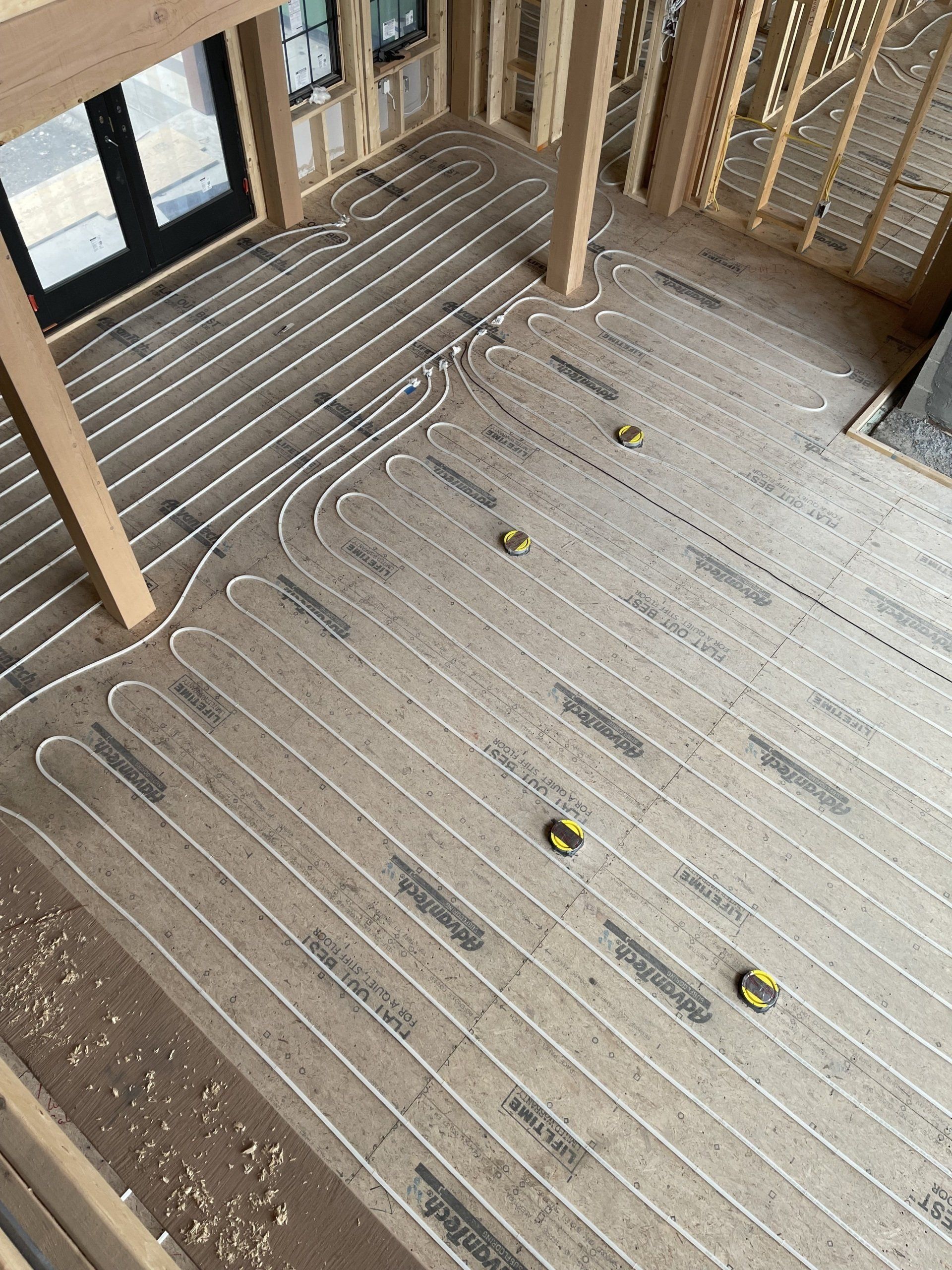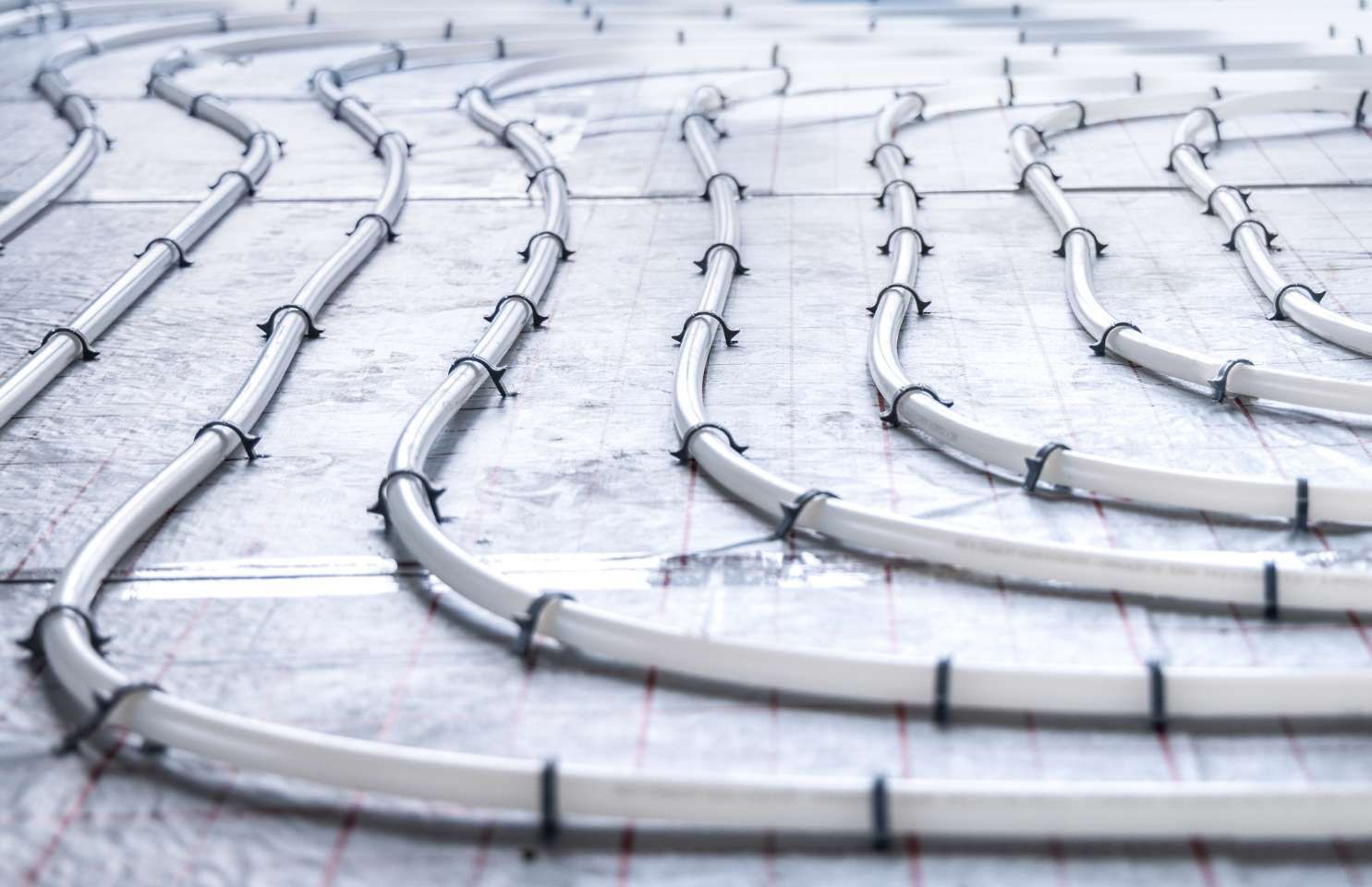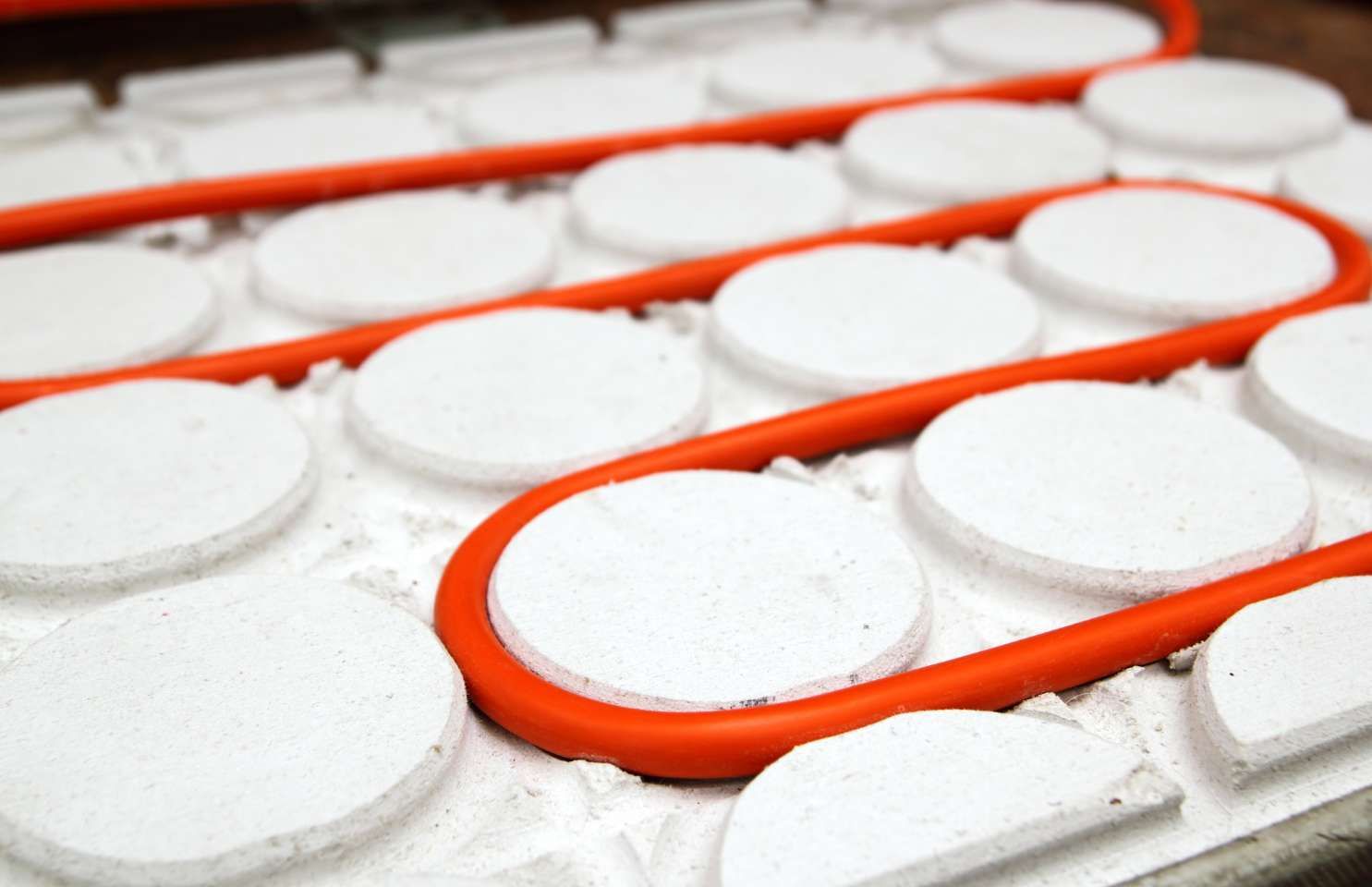Get in touch
Ph: (631) 891-7000
Bonded | Licensed | Insured
RESIDENTIAL & COMMERCIAL
Don’t hesitate to call
Professional Radiant Heat Specialist
Serving Nassau & Suffolk Counties
Hydronic Radiant Floor Heating vs Electric Floor Heating: What’s the Better Choice?
October 12, 2023
When it comes to ensuring a warm and cozy environment in your home, choosing the right heating system is paramount. Among the many options available, two stand out: hydronic radiant floor heating and electric floor heating. In this comprehensive guide, we'll delve deep into the world of radiant heating and help you make an informed decision about which one is the better choice for your specific needs.
Hydronic Radiant Floor Heating: The Subtle Art of Comfort
One of the key advantages of hydronic radiant floor heating is its energy efficiency. Water is an excellent conductor of heat, making it an efficient medium for transporting warmth throughout your home. This means that you can maintain a comfortable temperature without expending excessive energy. Moreover, hydronic systems can be powered by various energy sources, including natural gas, electricity, or even solar panels, allowing homeowners to choose the most eco-friendly and cost-effective option for their region.
In addition to its energy efficiency, hydronic radiant floor heating offers several other compelling benefits:
- Even Heat Distribution: Unlike traditional forced-air systems that can create hot and cold spots, hydronic systems provide uniform heating. You'll no longer experience the discomfort of walking from a warm area to a chilly one.
- Improved Indoor Air Quality: Since hydronic systems don't rely on air movement to distribute heat, they are less likely to stir up dust and allergens in your home. This can lead to improved indoor air quality, making it a healthier option for your family.
- Quiet Operation: Hydronic systems operate silently. There are no noisy blowers or fans to disrupt your peaceful living environment.
- Longevity: With proper maintenance, hydronic systems can have a longer lifespan compared to many other heating options. This translates to years of reliable warmth and comfort.
Electric Floor Heating: The Quick and Versatile Solution
Electric floor heating, as the name suggests, involves the installation of heating cables or mats directly under your flooring material. These cables or mats are connected to your electrical supply and generate heat when an electric current flows through them. The heat produced then rises and warms up the room above, creating a comfortable living space.
Electric floor heating has gained popularity due to its quick response time. As soon as you turn on the system, you can enjoy the warmth almost instantly, making it a great choice for rooms that are not in continuous use, such as bathrooms or kitchens. Furthermore, the installation of electric floor heating is relatively straightforward, as it doesn't require the complex network of pipes that hydronic systems do.
Here are some of the notable advantages of electric floor heating:
- Rapid Warm-Up: Electric floor heating provides nearly instant warmth, making it an ideal option for rooms where you want quick heat, such as bathrooms or kitchens.
- Ease of Installation: Compared to the intricate installation process of hydronic systems, electric floor heating is relatively straightforward and can be retrofitted into existing homes with ease.
- No Boiler Required: Electric systems do not require a separate boiler, which can simplify the installation process and reduce overall system complexity.
- Zoning Options: Electric systems can be divided into zones, allowing you to control the heat in different areas of your home independently. This can be particularly beneficial for spaces with varying heating needs.
Now that we've explored the fundamentals and advantages of both hydronic and electric floor heating, let's dive deeper into the comparison between these two popular options.
Comparison: Hydronic vs. Electric
- Energy Efficiency: Hydronic systems have a reputation for being highly energy-efficient. The water or water-antifreeze mixture used in these systems is an excellent conductor of heat, and the even distribution of warmth ensures minimal heat loss. Electric systems, while efficient in their own right, may be slightly less so due to the inherent characteristics of electricity.
- Installation Costs: Hydronic systems typically have higher upfront installation costs compared to electric systems. The complexity of the installation, which involves laying pipes beneath the floor, can increase labor and material expenses. Electric systems, on the other hand, are generally more cost-effective to install.
- Operating Costs: Electric systems can be more expensive to operate in areas with high electricity prices. Hydronic systems, especially those powered by natural gas or other cost-effective energy sources, may offer better long-term savings.
- Maintenance: Both hydronic and electric systems require minimal maintenance. However, if an issue does arise, troubleshooting and repairing electric systems can be simpler due to their straightforward design.
- Warm-Up Time: Electric floor heating excels in terms of warm-up time. If you want rapid heat in a room, electric systems are the go-to choice. Hydronic systems have a slower warm-up time but provide steady, consistent warmth once they reach the desired temperature.
- Environmental Considerations: When it comes to environmental impact, hydronic systems can be more eco-friendly, particularly if they are powered by renewable energy sources like solar panels. Electric systems are as clean as the electricity source powering them.
- Zoning: Both systems can be divided into zones for greater control over heating specific areas. However, electric systems may offer slightly more flexibility in this regard.
Choosing the Right System for Your Home
- Budget: Determine your budget for both installation and ongoing operation. Hydronic systems may have higher upfront costs but lower long-term operating expenses, while electric systems are often more budget-friendly initially.
- Climate: Consider the climate in your region. In extremely cold climates, hydronic systems may be more efficient at providing consistent warmth. In milder climates, electric systems may be sufficient.
- Flooring Material: Your choice of flooring material may influence your decision. While both systems can work with various flooring types, electric systems may be more suitable for certain materials like tile or laminate.
- Warm-Up Time: Think about how quickly you need the heat to be available. If you want instant warmth, electric systems may be preferable for specific rooms.
- Environmental Impact: If sustainability is a priority, explore the possibility of using renewable energy sources to power your hydronic system. Electric systems can also be eco-friendly if powered by clean energy.
- Zoning: Determine if you require zoning capabilities for different areas of your home. If zoning is essential, evaluate which system provides the level of control you need.
- Long-Term Goals: Consider your long-term plans for your home. If you plan to stay for many years, the energy savings of a hydronic system may outweigh the initial investment.
Consult with a heating professional at All Island Radiant who can assess your home's unique requirements and help you make an informed decision, today!
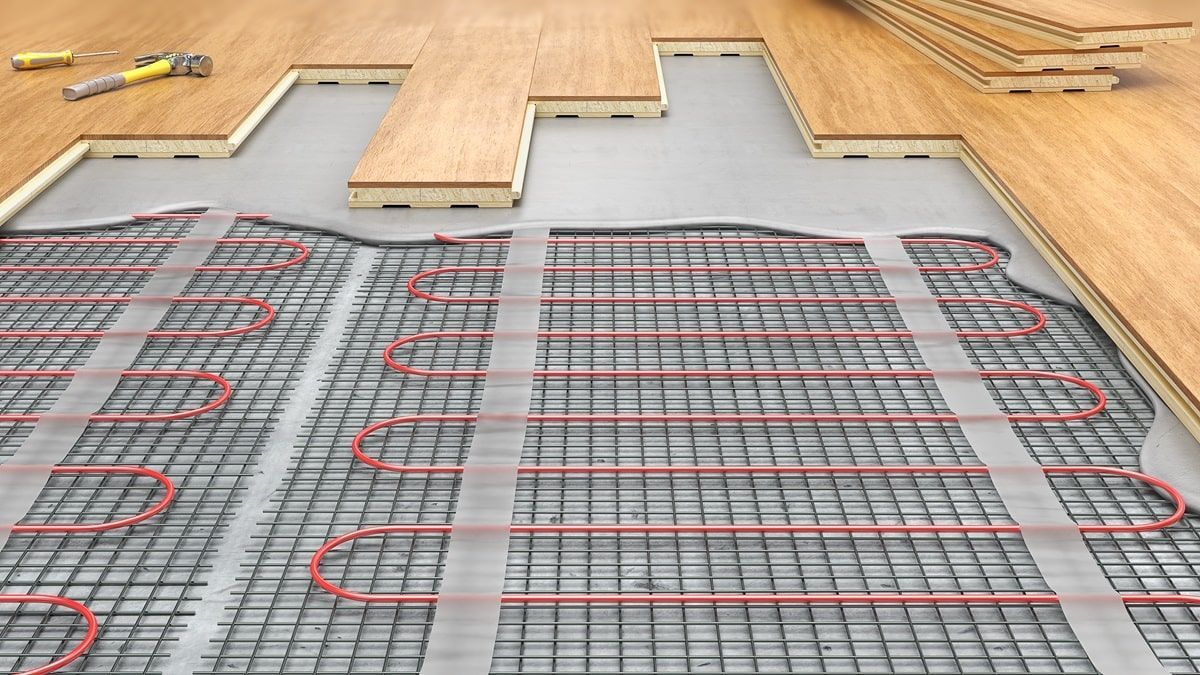
By Danielle Speciale
•
February 2, 2024
Radiant floor heating promises a cozy and luxurious environment, turning chilly spaces into havens of comfort. But before you start this transformative journey, a crucial question looms: which floors are the perfect partners for your radiant heating system? This guide will illuminate the path to optimal warmth and happy feet!
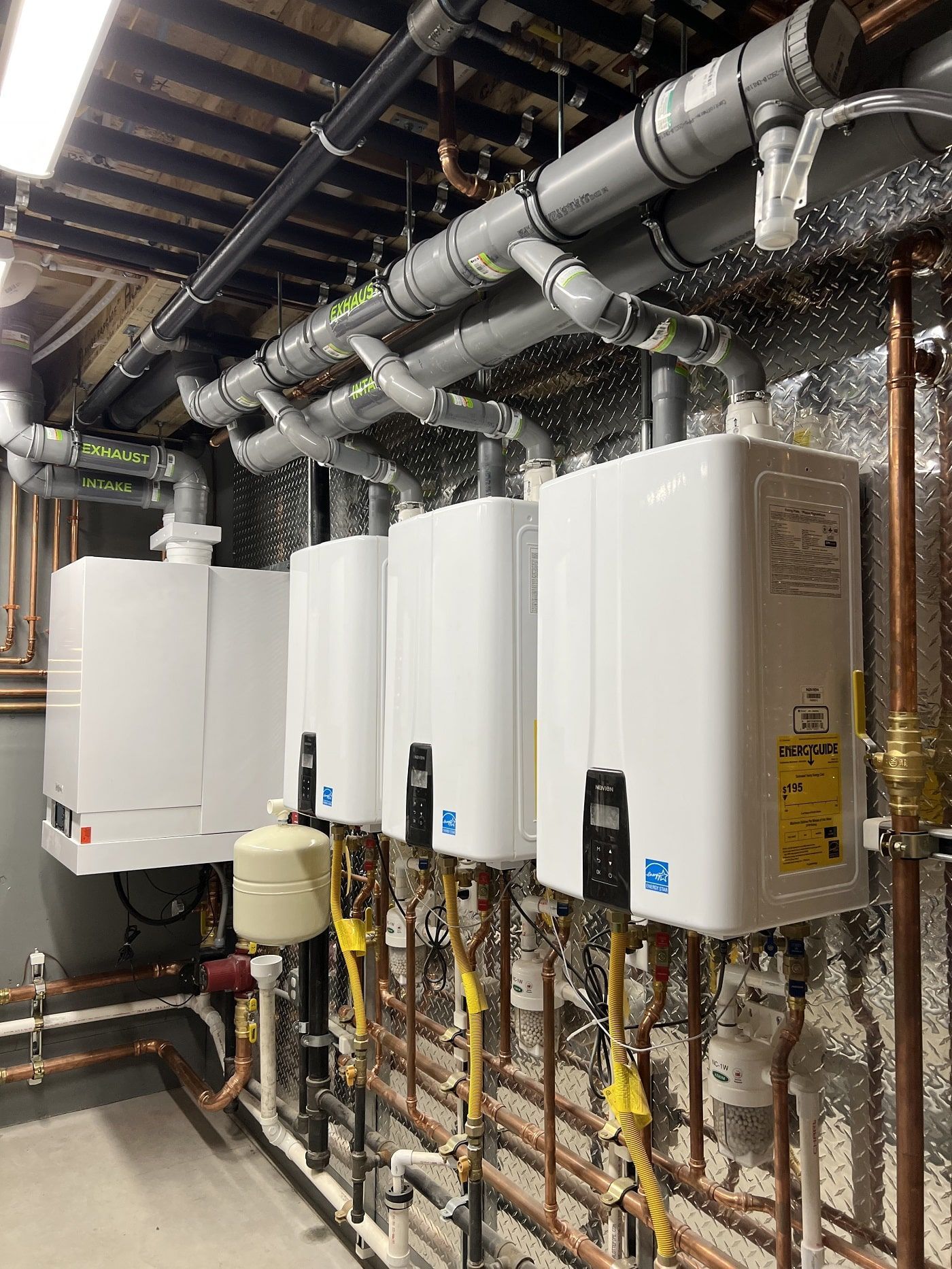
By Danielle Speciale
•
February 2, 2024
In the cozy world of home heating, comfort is king. But underneath the surface of your floors or walls lies a technology that goes beyond a quick blast of warmth - radiant heating . These invisible workhorses promise not just comfort, but longevity too. So, when you invest in a radiant heating system, are you investing in a lifelong companion or a fleeting fling? Here we will unveil how long Radiant Heating Systems truly last.
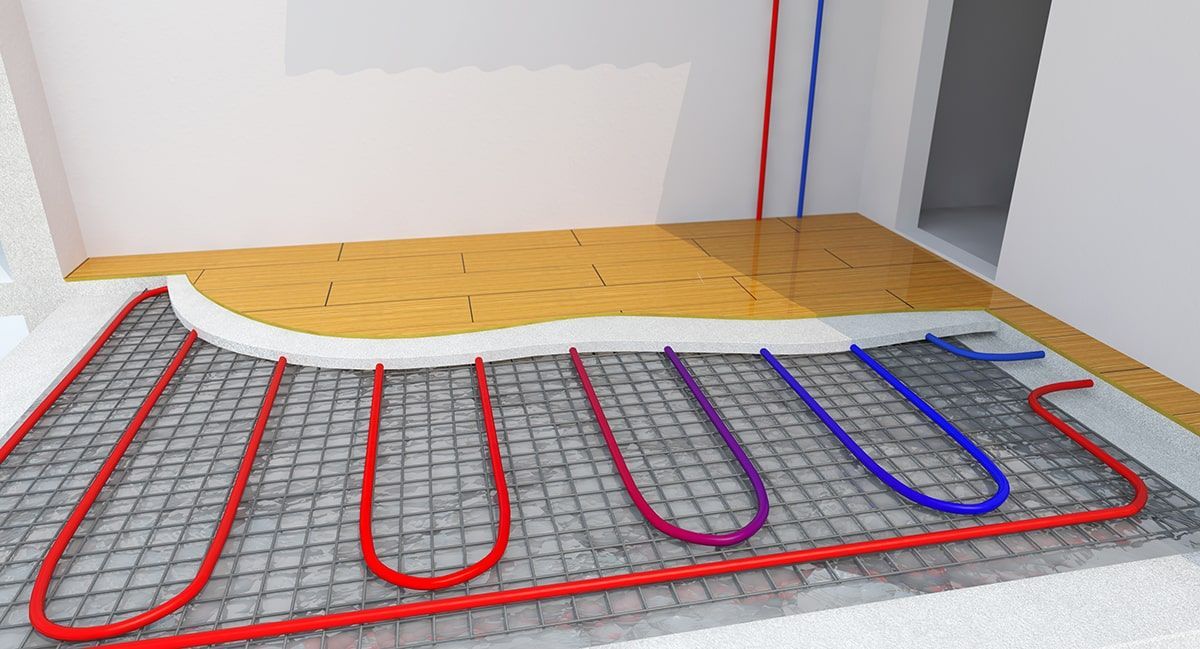
By Danielle Speciale
•
February 2, 2024
Winter in many regions paints a wonderful landscape, but for business owners, it can be a season of headaches and lost revenue. Snow-covered parking lots, icy walkways, and treacherous sidewalks can deter customers, endanger employees, and disrupt operations. Thankfully, there's a solution that melts away winter's woes: commercial snow melt systems .
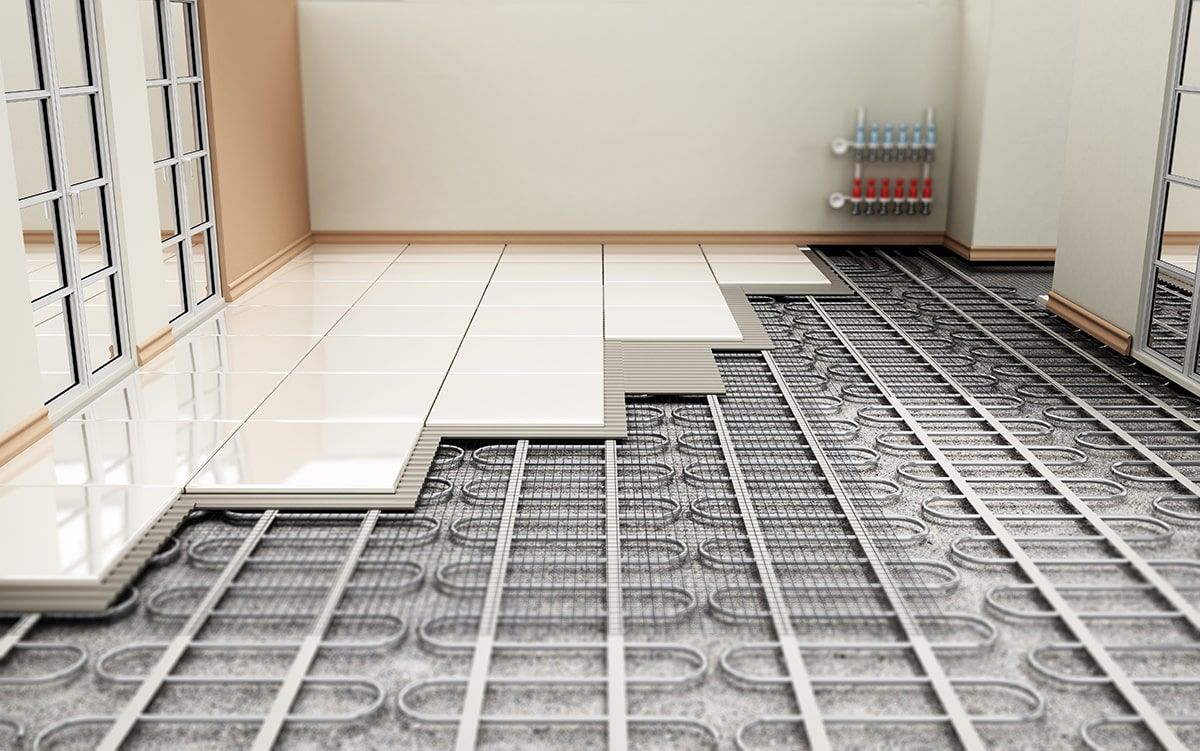
By Danielle Speciale
•
February 2, 2024
As winter's icy grip tightens, the quest for warmth intensifies. While traditional forced-air systems might leave you battling dry air and uneven temperatures, a hidden hero emerges; hydronic heating . This intriguing technology promises cozy comfort and unmatched efficiency. But what exactly is hydronic heating, and how does it stack up against its air-based counterparts? Buckle up, heat seekers, as we delve into the fascinating world of hydronic heating!

By Danielle Speciale
•
February 2, 2024
Long Islanders know all too well the challenges of winter. Snowfall can bring picturesque landscapes, but keeping driveways clear and safe is a constant battle. Shoveling becomes a backbreaking chore, snowblowers leave mountains of icy remnants, and treacherous black ice lurks beneath pristine snowdrifts. Fortunately, technology offers a solution: heated driveway systems . These innovative systems melt snow automatically, keeping your driveway free of ice and snow, and making winter mornings a breeze. But with various options available, choosing the right heated driveway solution for your Long Island home can be overwhelming.
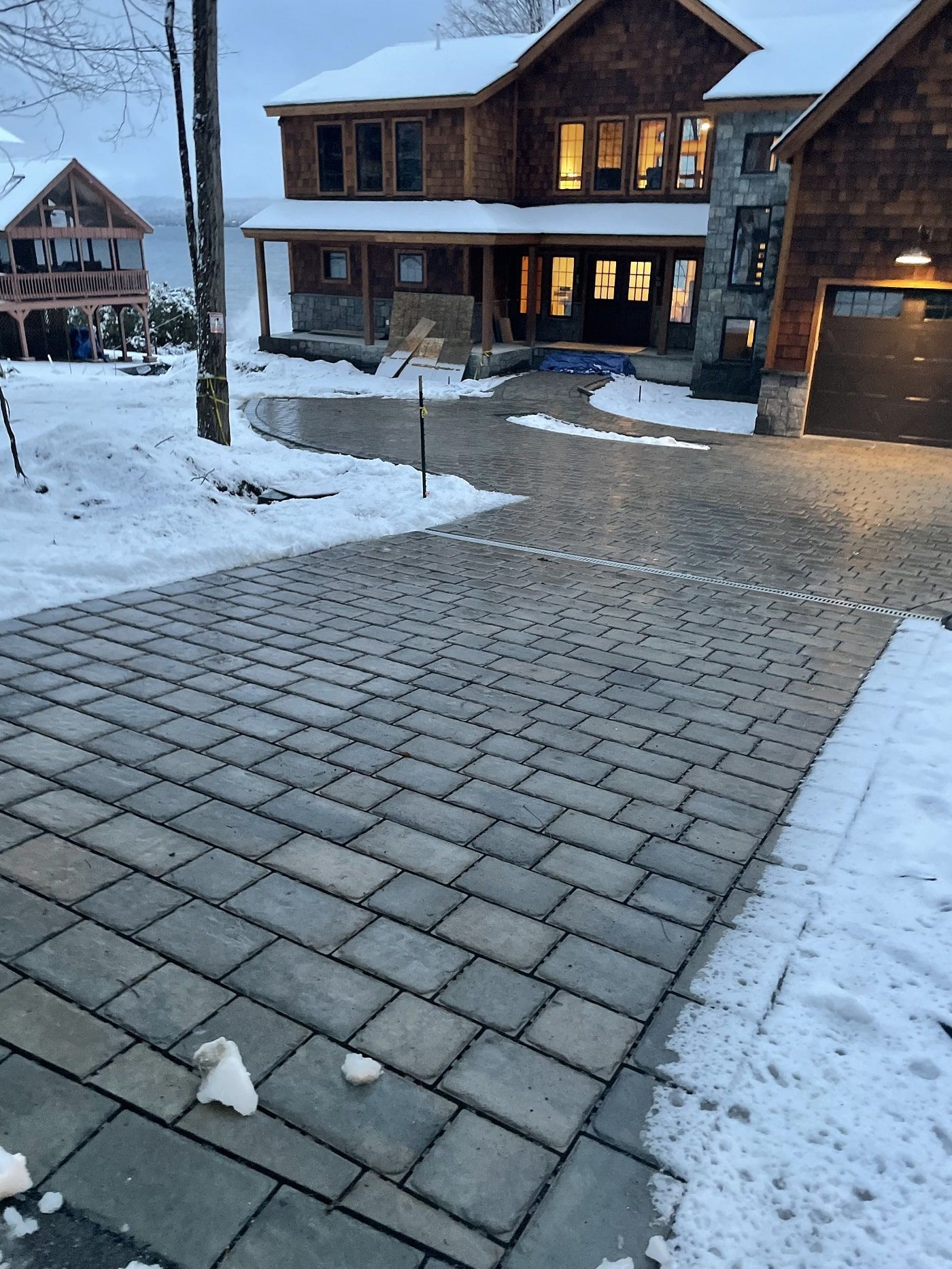
By Danielle Speciale
•
February 2, 2024
Living in areas with heavy snowfall, you know the struggle of clearing driveways. Shoveling is backbreaking, snowblowers are noisy and heavy, and ice can linger dangerously. Driveway snow melt systems offer a tempting solution, promising clear paths and warmer days. But before you invest, it's crucial to weigh the pros and cons of these systems. Here, you can check the Pros and Cons of Snow Melting Heating Systems:
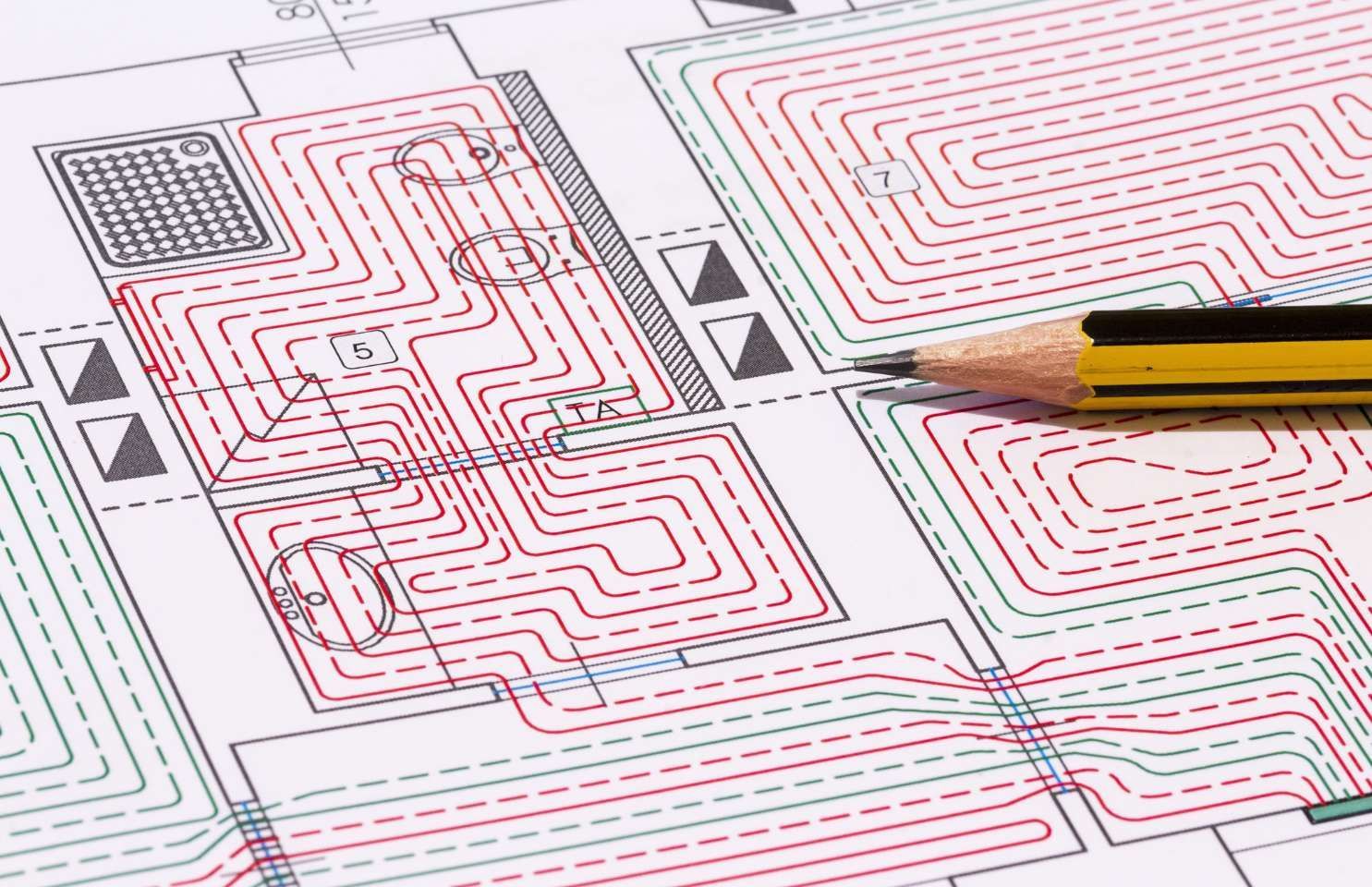
By Brad Solomon
•
October 12, 2023
When it comes to creating comfortable and efficient workspaces, heating plays a crucial role. Commercial properties, such as office buildings, warehouses, and retail spaces, require heating systems that not only provide warmth but also contribute to a productive and comfortable environment. In this comprehensive guide, we'll explore the ultimate solution for elevating commercial spaces: commercial radiant floor heating systems.
WE REPAIR, MAINTAIN & INSTALL
ALL RADIANT HEATING SYSTEMS
© 2025
All Island Radiant | All Rights Reserved | Privacy Policy & Accessibility | Website & Digital Marketing

